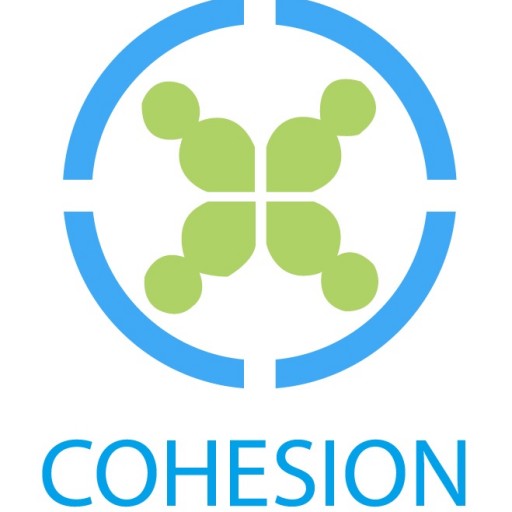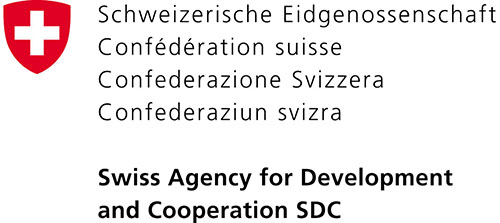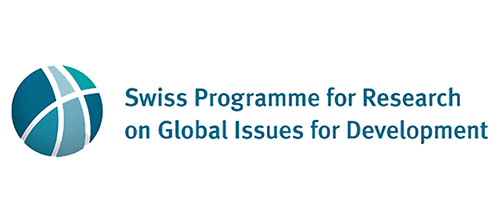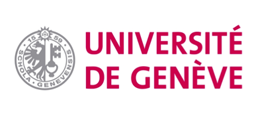
Addressing the Double Burden of Disease:
Improving Health Systems for Non-Communicable
and Neglected Tropical Diseases
The Problem
Low and middle-income countries are confronting a change in the diseases they face with decreasing burden due to viruses and bacteria but more with diseases linked to changes in lifestyle. This means that health systems now need to manage a diverse range of diseases with most of the burden of treatment needing to focus on poor and vulnerable populations. The chronic nature of NCDs and NTDs is a burden on individuals and families in terms of lost productivity, cost of care, disability, death, and stigma. Women are particularly vulnerable given the social, gender and economic inequalities.
The Project
The COHESION project is addressing health challenges faced in low and middle-income countries related to neglected and tropical diseases (NTDs) and non-communicable diseases (NCDs).
Funded by SNSF and SDC’s Research for Development programme, COHESION is led by Dr. David Beran of the Geneva University Hospitals and the University of Geneva in collaboration with partners in Mozambique, Nepal and Peru as well as the Graduate Institute in Geneva and the Università della Svizzera italiana in Lugano.
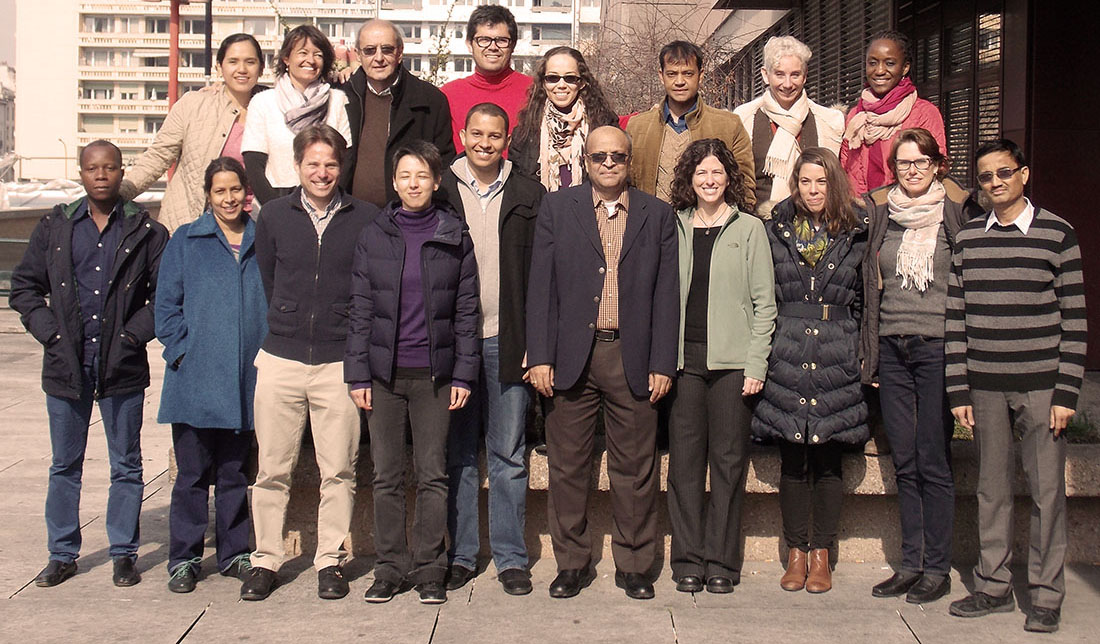
WHO is the COHESION Project?
1st COHESION blog post: Dr. David Beran explains «who is the COHESION Project»
leer másCOHESION Publication: Gender & Development
Our most recent article by Claire Somerville and Khatia Munguambe was recently published in the journal Gender & Development. The publication entitled: The rise of non-communicable diseases (NCDs) in Mozambique: decolonising gender and global health is available at...
leer másr4d publication: Health Research Policy and Systems
A new publication from researchers of various r4d projects, including the COHESION Project, is available. The article entitled: How to bring research evidence into policy? Synthesizing strategies of five research projects in low-and middle-income countries, was...
leer másCOHESION Publication: The BMJ
Our most recent publication in The BMJ discusses research processes in LMICs to strengthen co-production. The title of this contribution lead by D. Beran, PI of the COHESION Project, is "Rethinking research processes to strengthen co-production in low and middle...
leer másTwitter Feed
Our Hypothesis and Objectives
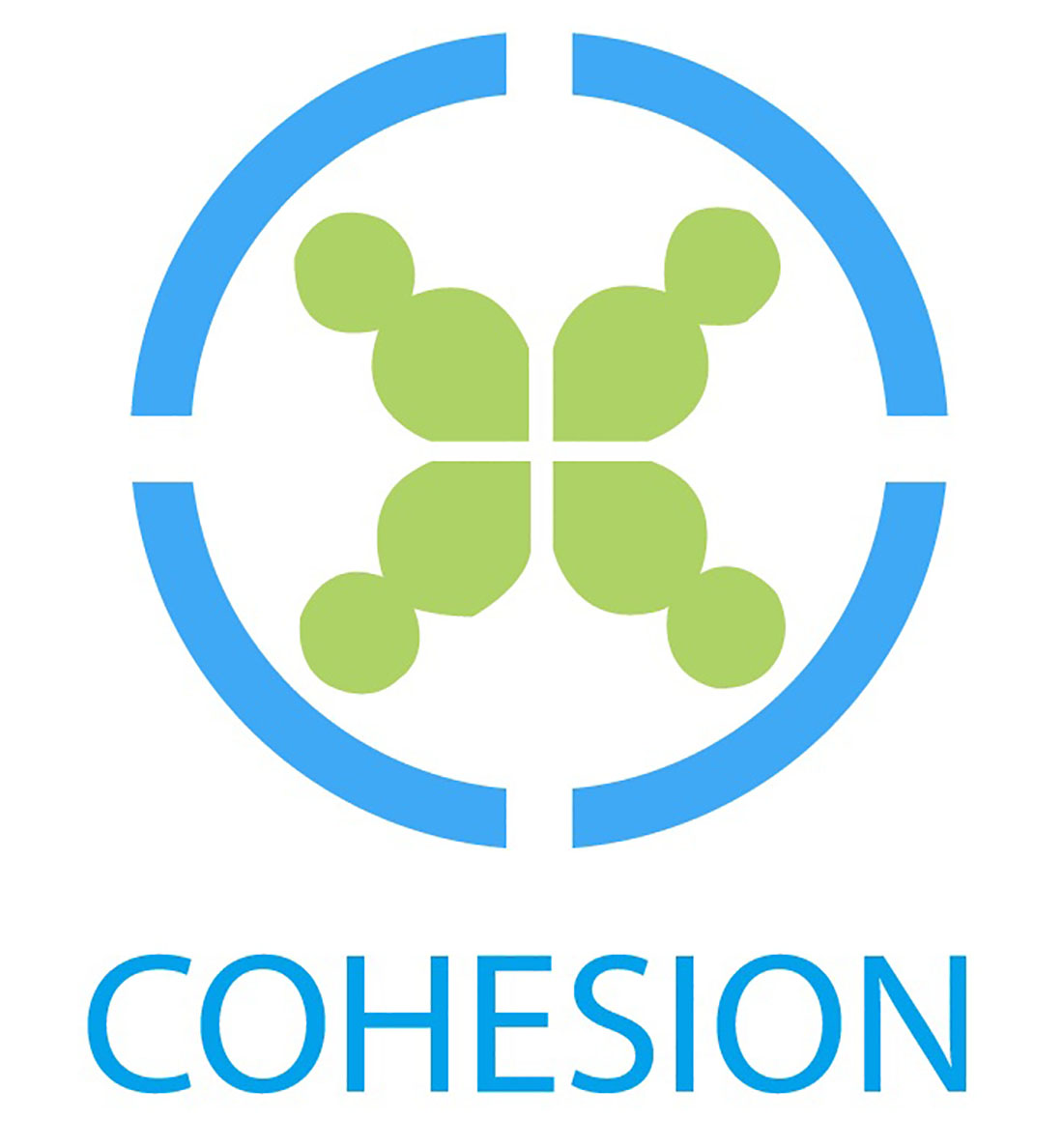
Objective 1
Assess the barriers, enablers and lessons for the management of NCDs and NTDs from the policy, health system and community levels to support a PHC response for NCDs and NTDs
Objective 2
Develop and test a package of scalable, sustainable, gender and context appropriate interventions at policy, health system and community levels to support PHC responses to NCDs and NTDs
Objective 3
Develop a plan for scaling up interventions based on the proof of principles resulting from the evaluation of the impact of the interventions and the implementation of this project
Objective 4
Enable change in delivery of services for NCDs and NTDs at PHC through engaging policy makers, health professionals and communities throughout the project
Why COHESION Matters?
A few reasons from the lead persons in each institution:
Our Activities
COHESION uses multiple research methods to assess: global and national policies; national, urban/peri-urban and rural health systems; and community barriers and enablers to care for different diseases. This will enable interventions to be developed and tested that address the challenges identified. They will be developed in partnership with local stakeholders taking into account issues of culture and gender.
Policy
Analysis at Global, National and local levels including content, context, process and actors
Health Systems
Assessment of health systems in three countries using the Rapid Assessment Protocols (RAP)
Community
Assess factors at the community and household level
Intervention Development
Develop interventions based on local and global evidence and a co-creation process
Intervention Implementation
Implement interventions in each country at the policy, health system, and community levels
Evaluation
Evaluate effectiveness of project and of the interventions including a plan for scaling up
Funding Source
COHESION is funded by the Swiss National Science Foundation and the Swiss Development Cooperation under the Swiss Program for Research on Global Issues for Development.
